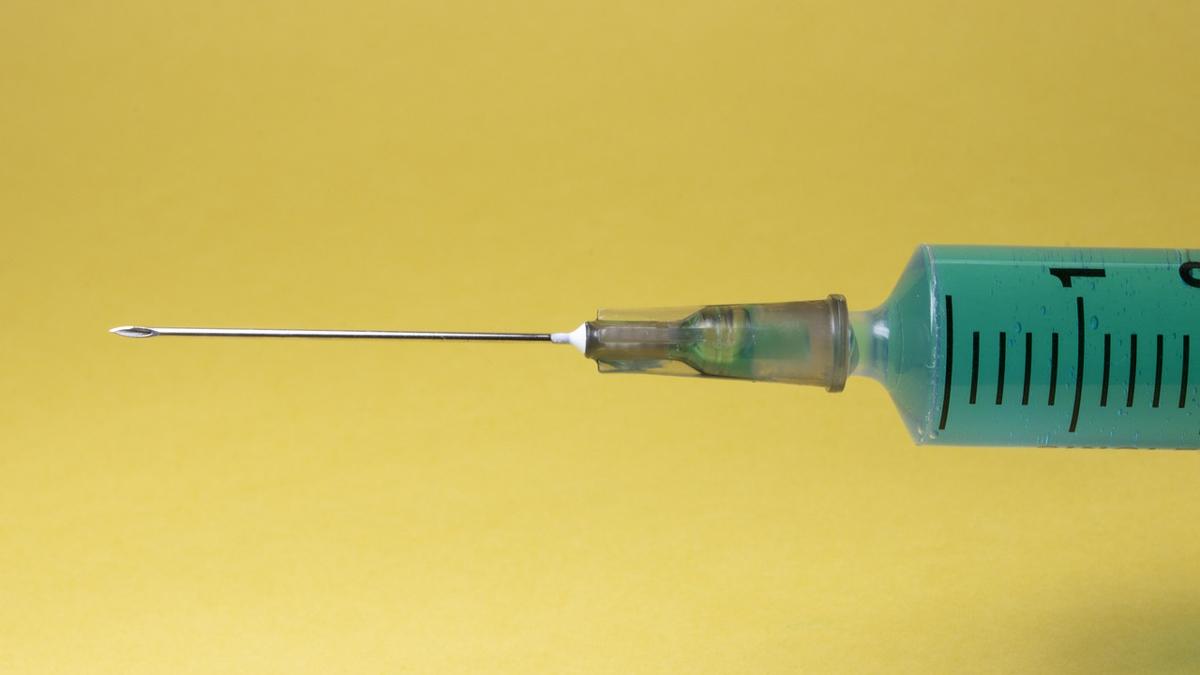Beyond COVID-19: mRNA vaccines aim to revolutionise cancer care

mRNA vaccines, pivotal in the fight against COVID-19, are now emerging as a promising innovation in cancer treatment. As clinical trials advance, Ben Hargreaves finds the technology is poised to revolutionise oncology treatment by offering personalised, targeted therapies for various cancer types.
For the pharmaceutical industry, the pandemic can now be viewed as having provided temporary boosts: in terms of revenue, reputation, and cooperation. One innovation emerging from the industry in this period, however, has shifted from being a potential therapeutic option to a validated, permanent approach: mRNA technology. mRNA vaccines quickly became a core part of the vaccine strategy and proved that the technology had promise within infectious diseases.
With the significant revenue generated by COVID-19 vaccines, the rest of the mRNA vaccine pipeline has been accelerated forward. As a result, the potential global market for the technology is estimated to grow to be worth $68 billion by 2030. Such large revenue projections are fuelled by the therapeutic areas that companies developing mRNA vaccines are currently focusing on, with cancer being the next big target.
Vaccines against cancer
There are many different types of vaccines against cancer, such as the human papillomavirus (HPV) vaccine, which reduces the risk of cancer by protecting against HPV types that lead to cervical cancer. For mRNA vaccines, there are various ways that they can be used against cancer, including in adoptive T-cell therapies, therapeutic antibodies, and immunomodulatory proteins, as well as cancer vaccines.
The latter holds particular promise for cancer immunotherapy because they can stimulate and boost pre-existing immune responses to tumour antigens, increasing tumour cell recognition and clearance. This could allow for mRNA vaccines to be used as monotherapies or be used in combination with other anti-cancer agents.
mRNA vaccines also hold an advantage in being able to be tailored to each patient, with the ability to identify the mutations specific to each patient and thereby create an individualised cancer vaccine to target them. This may help the patient by preventing cancer return after surgery by stimulating the patient’s immune system to recognise and destroy remaining cancer cells.
Trials begin
In August, the first patient in the UK received a lung cancer vaccine that is being investigated on this basis. The mRNA vaccine, known as BNT116, is being developed by BioNTech and is targeting the treatment of non-small cell lung cancer (NSCLC). The phase 2 trial will recruit 130 participants across seven countries, with six of the sites located in the UK. Patients enrolled in the trial will be at different stages of NSCLC lung cancer, from early stage disease before surgery or radiotherapy to stage 4 or recurrent lung cancer.
The objective of the trial is to determine the safety and tolerability of the mRNA vaccine. The trial will test the vaccine as a monotherapy, while certain patients will also be given established chemotherapy or immunotherapy treatments in combination with the vaccine. According to BioNTech, the immunotherapy is Sanofi and Regeneron’s Libtayo (cemiplimab), a PD-L1 checkpoint inhibitor.
Sarah Benafif, medical oncology consultant and leader of the study at University College London Hospitals, said: “The strength of the approach we are taking is that the treatment is aimed at being highly targeted towards cancer cells. In this way, we hope that in time we are able to show that the treatment is effective against lung cancer whilst leaving other tissues untouched.”
A recent study noted several advantages that mRNA cancer vaccines hold in the development process, with the development of such treatments being relatively fast and cheaper compared to conventional vaccines. Other benefits outlined included that they are not produced with pathogen particles, decreasing the risk of undesired immune responses, and that the clinical trials to date have generated reliable immune responses, high efficacy, and were well-tolerated.
Expanding pipeline
The targeting of lung cancer is particularly significant given that it is the type of cancer most commonly diagnosed and responsible for the most deaths globally. However, this type of therapy could be applied to various types of cancer and is already being tested in this capacity. In July, BioNTech posted phase 2 results that showed a different mRNA vaccine candidate, BNT111, alongside Sanofi and Regeneron’s Libtayo (cemiplimab), a PD-L1 checkpoint inhibitor, was able to achieve a statistically important improvement in the overall response rate for the combination treatment for advanced melanoma.
Another company that scored an approval for its mRNA COVID-19 vaccine, Moderna, is also progressing its pipeline of candidates against cancer. The bulk of its targets within cancer utilise its mRNA-4157 vaccine candidate to target various cancer types in combination with PD-1 therapy, with oncology indications including melanoma, NSCLC, cutaneous squamous cell carcinoma, and others. Each of these potential combination treatments have progressed to phase 2 or further.
With PD-1/L1 treatments being effective treatments for a wide range of cancers, the hope is that an mRNA vaccine boosting this efficacy further could aid cancer patients to remain cancer-free. There is also the financial angle to any successful combination therapy, if it could prove itself to outperform checkpoint inhibitors alone then it could become a standard of treatment in certain areas. Considering that PD-1/L1 are some of the most lucrative drug treatments across the industry, this could be a major coup for any mRNA developer that manages to successfully co-develop such a treatment.
The last hurdle
This approach should soon be going in front of the FDA, with Moderna and Merck’s mRNA-4157/Keytruda (pembrolizumab) combination having three years of data to potentially back up a filing for accelerated approval in melanoma. Earlier this year, FierceBiotech reported that Peter Marks, director of the FDA’s Center for Biologics Evaluation and Research, had said that the agency is ready to review mRNA vaccines, on a similar basis to CAR-T treatments.
The necessity for the agency to clarify that it is ready to review the potential products highlights the complexity facing regulators with these products. As outlined by a recent paper, challenges exist when it comes to commercialising this novel class of therapies. The authors state that the regulatory framework for a drug modality with a diverse range of applications is unclear. In addition, they add that there is a need for the harmonisation of definitions across regulatory agencies, with mRNA vaccines sometimes labelled as gene therapy, while others refer to gene silencing and gene delivery via RNA molecules as RNA therapeutics. With some mRNA approaches also using AI to personalise each vaccine to the patient, there are also questions about how to regulate a product that can differ each time it is delivered.
As such, this novel approach will require significant flexibility on the part of global agencies and will likely need adaption to regulations should they prove effective enough to be approved. With a number of mRNA therapeutics targeting indications in oncology, such hurdles will be faced down in the short term. In the long term, mRNA vaccines could change the way that cancer is treated.












